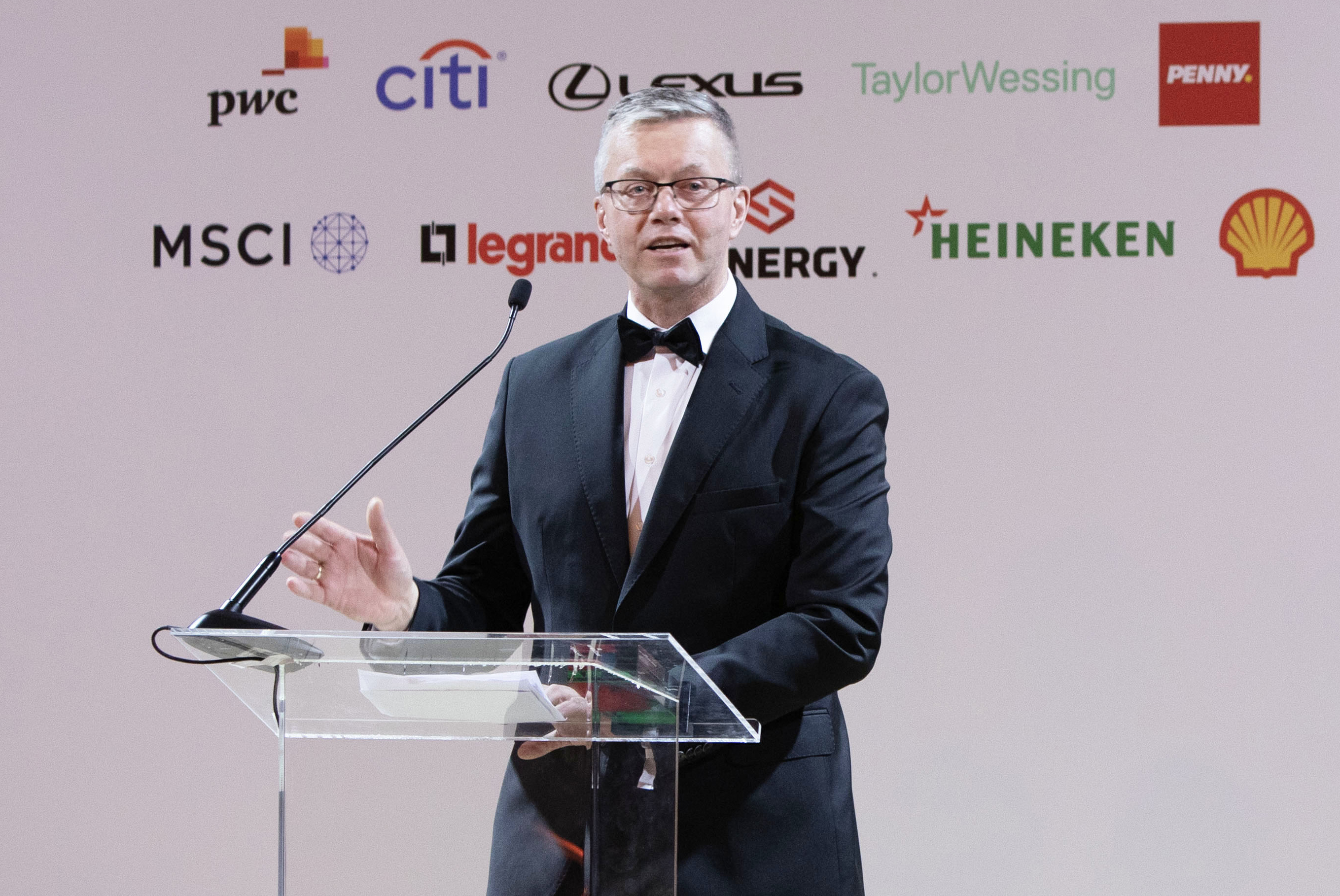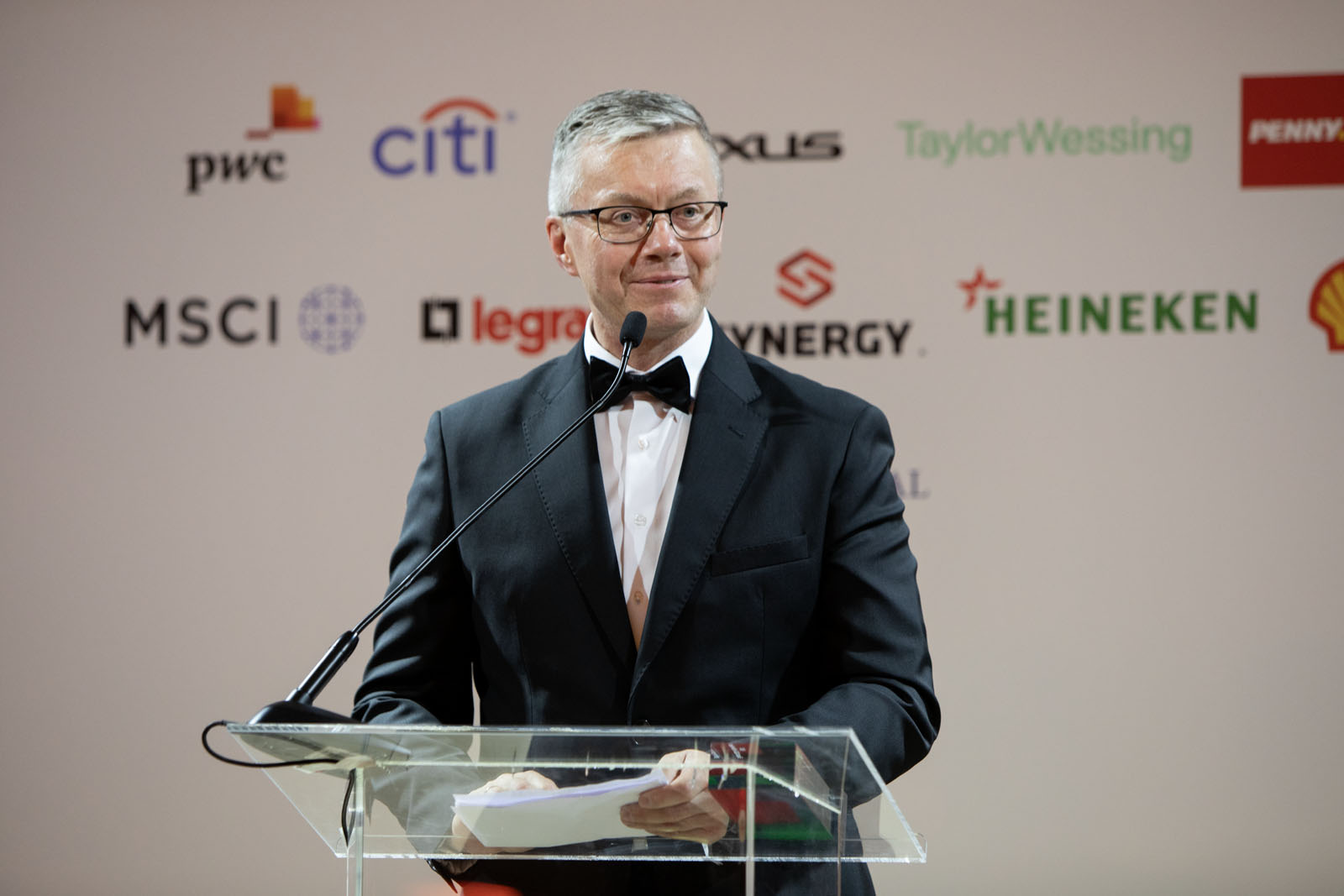Solar Boom in Hungary

For legal reasons, there is no potential in the development of wind turbines in Hungary. However, the new rules on electricity generation from renewable energy sources (RES) are changing the investment environment regarding photovoltaic power plants (PVPP). The most important pillars of the new regulatory framework are the financial incentive schemes aiming to promote electricity generation from RES. These schemes have been fundamentally amended as of January 1, 2017.
Zoltán Faludi, Managing Partner, Faludi Wolf Theiss
The old Financial Incentive Scheme
Under the old regime, the promotion of electricity generation from RES was facilitated through a mandatory off-take (feed-in) system. This means that the Hungarian electricity transmission system operator, MAVIR, was obliged to purchase the electricity generated and offered by the eligible producers at a fixed price well above market prices, as specified in statutory law.
Eligibility for participating in this subsidy regime was granted by the Hungarian Energy Authority (HEA) upon the applications of RES-electricity producers. In its decisions granting eligibility, the HEA specified the period and the amount of electricity falling under the subsidy regime.
Taking account of the amendments to this scheme, it needs to be stressed that the old rules apply for applications submitted by December 31, 2016. Eligibility granted under the old regime will remain unaltered (with the same pricing system) and also transferable after January 1, 2017.
The Revised RES Support Scheme
The revised RES support scheme is, however, a more sophisticated system, differentiating between electricity generators with regard to their inbuilt electricity generation capacities.
It needs to be stressed that the budget of the revised subsidy regime is capped regarding each of the respective categories.
Developers of power plants with a peak capacity below 0.5 MW (Micro PPs) applying for eligibility after
January 1, 2017 face a significantly less generous regulatory framework. The reason for this is that the benchmarks used to calculate the return of investment period has become much stricter. The most notable change is that the reference return of investment period for PVPPs has been decreased to 13 years (from 22-25 years).
Pursuant to the new rules, the electricity generation facilities using RES with a peak capacity of more than 0.5 MW will no longer be eligible to participate in the mandatory off-take system. For them, the new premium-based supporting scheme will apply. Under this scheme, the electricity producers need to sell the electricity generated individually, on a free-market basis. The premium they can achieve as a margin is the difference between the two different reference prices set by MAVIR and HEA.
In the case of power plants with a peak capacity between 0.5 MW and 1 MW (Small PPs), the support price will be the same as currently applicable in the mandatory off-take system. For such new generation facilities as well, the benchmarks applicable for calculating the return of investment period have become much stricter (generally the same benchmarks apply as in the case of Micro PPs).
For power plants with a peak capacity above 1 MW (Major PPs), the support price will be the subject of competitive tendering. Accordingly, the Major PPs will only be eligible to participate in the new subsidy scheme if they are awarded through proper tender proceedings that aim to select the most competitive and most effective projects. The publication of the first tenders is expected in the second half of 2017 at the earliest.
The Reaction of the Market Players
Under these circumstances it should not be a surprise that at the end of 2016, several applications were submitted for participation in the mandatory off-take system under the old regime. An overwhelming majority of the applications were submitted by developers wishing to build new PVPPs as Micro PPs (due to the simplified licensing rules applicable).
Regarding RES, the focus has been shifted from wind turbines to PVPPs. However, it is a question for the next few months whether the license holders would want to develop their Micro PPs alone, or whether they are willing to sell their eligibilities to professional investors or try to find business partners in other ways to implement the projects.
SUPPORT THE BUDAPEST BUSINESS JOURNAL
Producing journalism that is worthy of the name is a costly business. For 27 years, the publishers, editors and reporters of the Budapest Business Journal have striven to bring you business news that works, information that you can trust, that is factual, accurate and presented without fear or favor.
Newspaper organizations across the globe have struggled to find a business model that allows them to continue to excel, without compromising their ability to perform. Most recently, some have experimented with the idea of involving their most important stakeholders, their readers.
We would like to offer that same opportunity to our readers. We would like to invite you to help us deliver the quality business journalism you require. Hit our Support the BBJ button and you can choose the how much and how often you send us your contributions.







